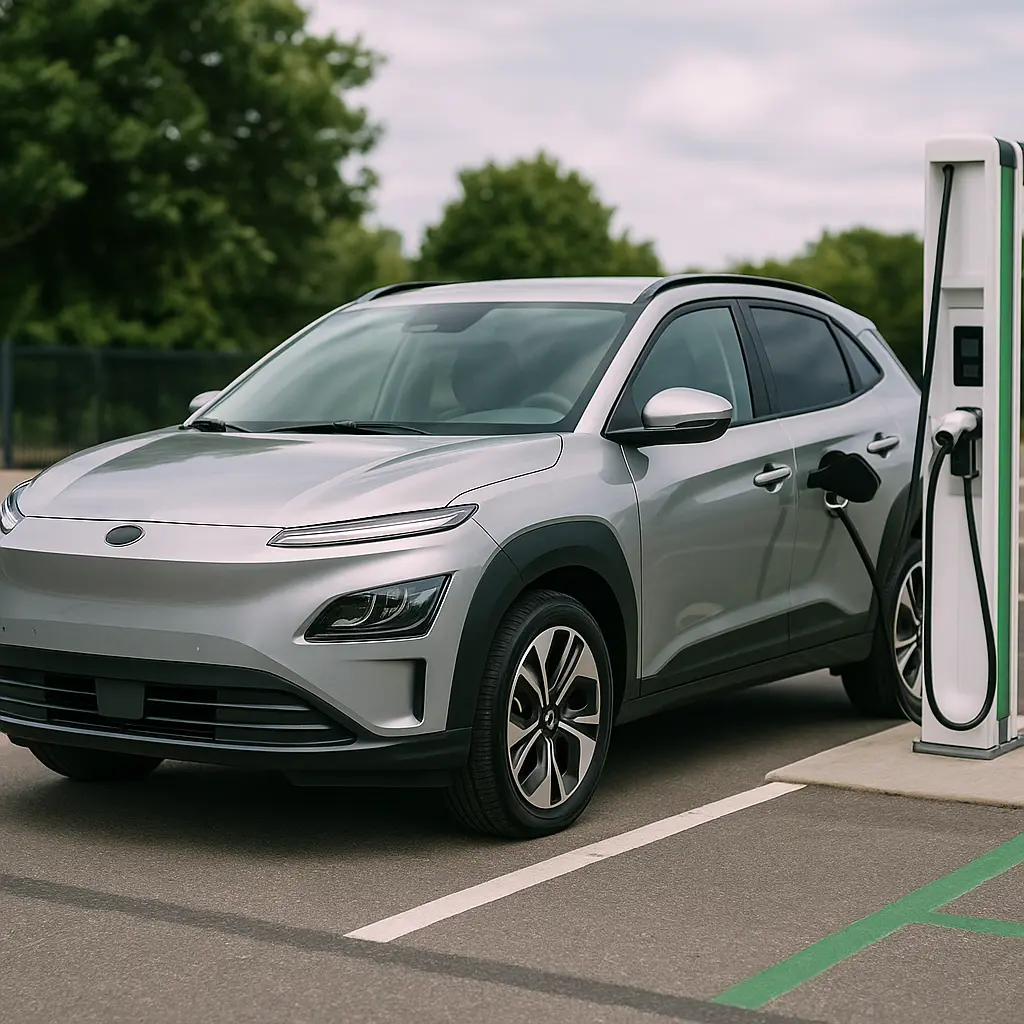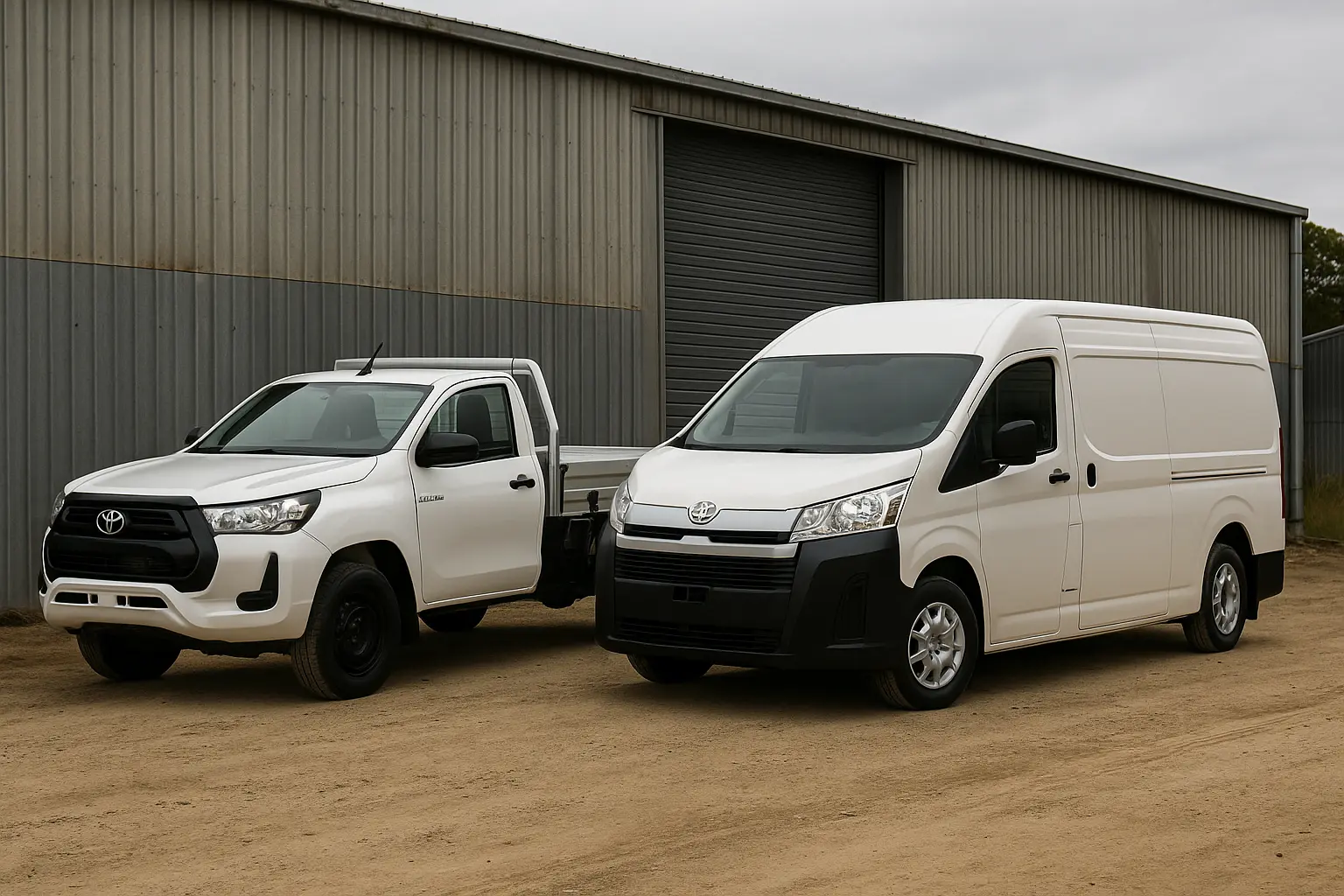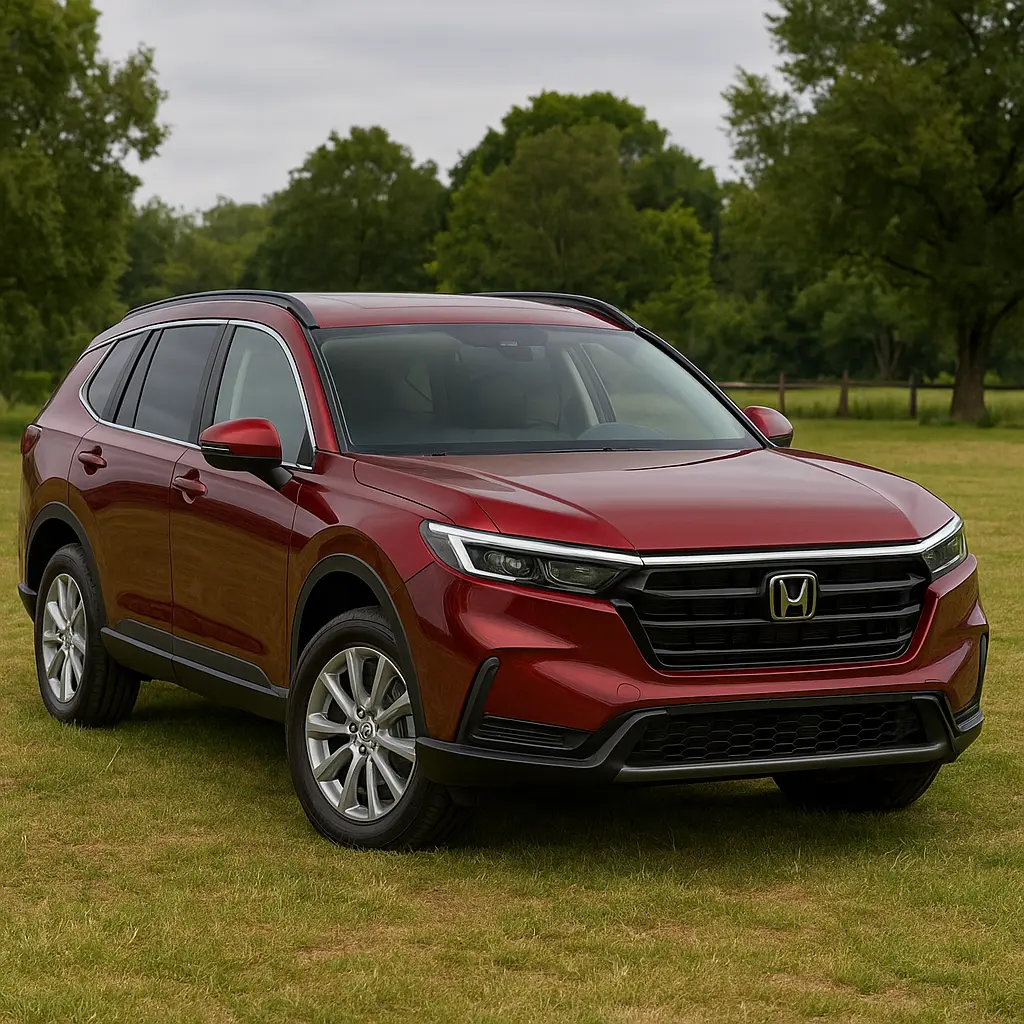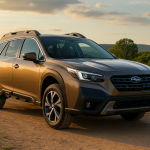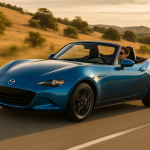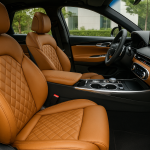The Australian automotive market is undergoing a major transformation as electric vehicles (EVs) become increasingly mainstream. Once considered a luxury or niche choice, EVs are now finding their place in the family garage, the company fleet, and even the budget-conscious buyer’s shortlist. Among the most popular categories are electric SUVs — practical, versatile, and increasingly affordable.
For many Australians, the biggest question is affordability. While premium EVs like the Tesla Model Y or Kia EV9 dominate headlines, a growing segment of electric SUVs under $60K offers a sweet spot of price, practicality, and technology. This blog explores the most promising models available or soon to arrive in Australia, their strengths and weaknesses, and what to consider before making the switch.
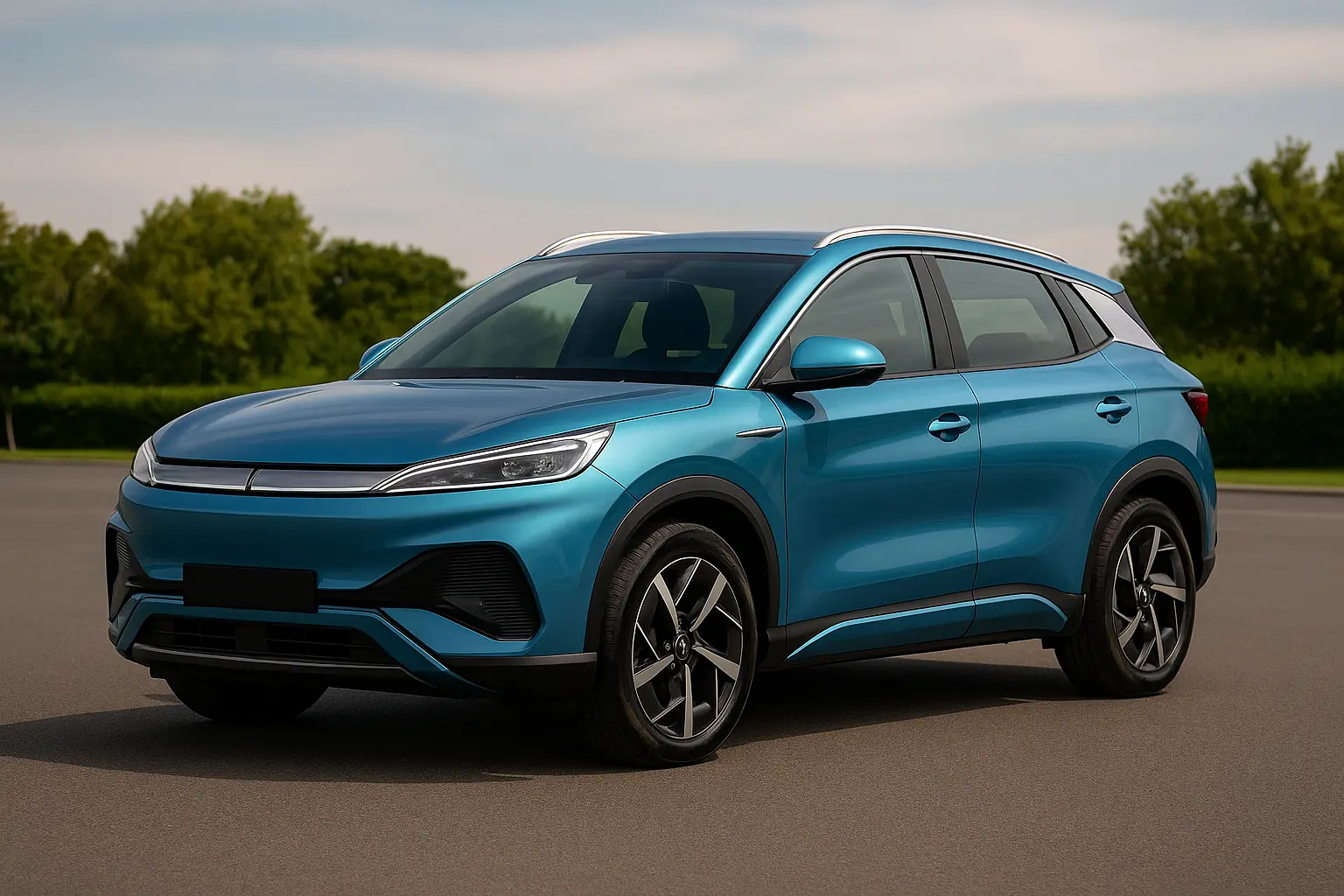
Why Electric SUVs Under $60K Matter
Electric SUVs represent the middle ground in Australia’s EV adoption journey. They bridge two consumer priorities: the practicality of SUVs (space, comfort, versatility) and the affordability of budget-friendly EVs. With government incentives, falling battery costs, and stronger charging infrastructure, the $60K threshold is becoming the psychological barrier where “luxury EV” transitions into “mainstream choice.”
For many Aussie families, $60K is also the upper range of an accessible budget for a new car purchase — especially when factoring in financing or novated leasing. Being able to step into a modern EV SUV without breaking into the premium bracket is key to boosting adoption nationwide.
Key Buying Considerations
Before diving into specific models, here are the major points you should evaluate when considering an electric SUV under $60K in Australia:
Driving Range
Range anxiety remains one of the biggest hurdles. For buyers in metro areas, a 300–400 km range is usually sufficient, while regional drivers may want something closer to 450 km.
Charging Speed
How fast the EV can recharge is just as important as range. Look for models supporting at least 100 kW DC fast charging for quicker top-ups on the go.
Space and Practicality
SUV buyers value interior space, boot capacity, and comfort. Ensure the EV SUV balances battery placement with usable cabin space.
Technology and Safety
Most modern EVs include advanced driver assistance systems (ADAS), infotainment, and connectivity features. Look for 5-star ANCAP safety ratings, adaptive cruise control, lane-keeping, and smartphone integration.
Ownership Costs
Beyond purchase price, consider running costs. EVs generally save on fuel and servicing, but insurance premiums and home charger installation should be factored in.
Affordable Electric SUVs in Australia Under $60K
BYD Atto 3
The BYD Atto 3 is one of the most talked-about affordable EVs in Australia. Priced from around $48,000–$51,000 drive-away depending on the state and variant, it delivers excellent value.
Range: Up to 480 km (extended range model)
Charging: 80 kW DC fast charging, 11 kW AC charging
Standout Features: Funky interior design, large infotainment screen, 5-star ANCAP safety rating
Why Consider It: BYD has quickly established itself as a disruptor in the affordable EV space. With a 7-year battery warranty and growing dealer presence, the Atto 3 is practical for Aussie families.
MG ZS EV
MG was one of the earliest brands to bring affordable EVs to Australia. The MG ZS EV remains a budget champion, with pricing starting under $47,000 drive-away.
Range: 320 km (standard), up to 440 km (long range)
Charging: 92 kW DC fast charging
Standout Features: Panoramic sunroof, advanced safety tech, user-friendly design
Why Consider It: It’s one of the most affordable electric SUVs on sale and widely available across Australia, backed by MG’s dealership network.
GWM Ora (and Haval Jolion Hybrid as a gateway)
Great Wall Motors (GWM) is growing its Australian presence with competitive pricing. While the Ora is more hatchback than SUV, its pricing (around $43,000) puts EV ownership within reach. For SUV-specific buyers, GWM’s Haval Jolion hybrid is often a stepping-stone, with whispers of an upcoming full-EV SUV that may fall under $60K.
Hyundai Kona Electric (Base Model)
Hyundai’s Kona Electric has been a global success. The latest generation brings improvements in space, tech, and efficiency. While higher-spec trims exceed $60K, base variants hover around the threshold depending on drive-away pricing.
Range: Up to 370 km (standard battery)
Charging: 100 kW DC fast charging
Standout Features: SmartSense safety suite, digital displays, proven reliability
Why Consider It: Backed by Hyundai’s 5-year unlimited km warranty and 8-year battery coverage, it’s a safe choice for first-time EV buyers.
Nissan Leaf (Crossing into SUV territory?)
Technically a hatchback, the Nissan Leaf has been a veteran of the EV market. While not an SUV, its raised ride height and practicality often see it compared in the same conversation. Pricing remains under $50K, though its 270 km range feels outdated compared to newer rivals.
Chery Omoda E5 (Upcoming)
Chinese brand Chery is staging a strong comeback in Australia. The Omoda E5 electric SUV is expected to launch under $60K, offering sharp styling, modern features, and a competitive range.
Range: Around 400–450 km (expected)
Why Consider It: If Chery replicates its pricing success from petrol SUVs, this could be a strong contender for buyers wanting something fresh and futuristic.
Comparing the Affordable EV SUVs
Affordability doesn’t mean compromise across the board. Here’s how these models stack up in areas that matter most to Australian buyers:
Best Range: BYD Atto 3 Extended Range
Most Affordable Price Point: MG ZS EV
Best Warranty and Support: Hyundai Kona Electric
Most Anticipated Newcomer: Chery Omoda E5
City-Friendly Choice: Nissan Leaf
Each model offers different strengths, and the “best” choice depends on your lifestyle, commute, and charging access.
Running Costs and Value
One of the strongest selling points for EVs is cost savings over time. Charging an EV at home using off-peak electricity is significantly cheaper than fuelling a petrol SUV. For example, an average 60 kWh battery costs around $15–$20 to charge fully, compared to $80–$100 for a tank of unleaded petrol.
Servicing is also simpler. With fewer moving parts, no oil changes, and regenerative braking reducing wear, ongoing costs are lower. Insurance is the main caveat, as EVs can attract higher premiums, but this gap is narrowing as adoption grows.
Charging Infrastructure in Australia
The availability of charging stations is a vital factor in EV adoption. Australia’s public charging network is expanding, with operators like Evie, Chargefox, and Tesla Superchargers rolling out sites across highways and cities. Most affordable EV SUVs support CCS fast charging, meaning you can replenish up to 80% in 30–45 minutes at the right charger.
For home charging, a wallbox charger is recommended for faster overnight charging. While this adds $1,500–$2,000 upfront, it significantly improves ownership convenience.
Incentives and Rebates
Australian states and territories offer varying EV incentives. These may include rebates of up to $3,000, stamp duty waivers, or rego discounts. This can help bring EV SUVs under $60K even further into budget territory.
NSW & VIC: Rebates and rego reductions for eligible EVs
QLD: Rebates for cars under certain thresholds
SA & WA: Stamp duty concessions
ACT: Generous incentives including interest-free loans
Check your state’s current policies, as they can change year to year.
The Future of Affordable EV SUVs in Australia
The momentum is only growing. With brands like Kia planning smaller EV SUVs, Tesla potentially lowering pricing with refreshed models, and Chinese automakers entering aggressively, the under $60K EV SUV category will explode in variety by 2026.
Battery costs are dropping globally, and with Australia’s growing adoption curve, buyers can expect more choice, longer range, and improved charging infrastructure without premium price tags.
Should You Buy Now or Wait?
This is a common dilemma. Current models like the BYD Atto 3 and MG ZS EV already offer excellent value. If your existing car is due for replacement, it makes sense to switch now and enjoy savings on running costs.
However, if you can wait 12–18 months, you may find more options hitting the $50K–$60K band, with longer ranges and even better tech. Ultimately, the decision comes down to your budget, driving needs, and how urgently you want to step into EV ownership.
Final Thoughts
Electric SUVs under $60K in Australia are no longer a dream — they’re a reality. While choice remains more limited than petrol equivalents, the models available today strike a solid balance of range, practicality, and technology at an accessible price.
The BYD Atto 3 leads with its mix of design and range, the MG ZS EV delivers unbeatable affordability, Hyundai’s Kona Electric reassures with warranty and quality, and upcoming players like Chery Omoda E5 will add fresh competition.
For families and individuals wanting to embrace EVs without overspending, this is the perfect time to explore affordable electric SUVs. They may not yet match premium EVs in luxury or performance, but they excel where it matters most: everyday Australian driving at a realistic price point.
Leave a comment
Your email address will not be published. Required fields are marked *


